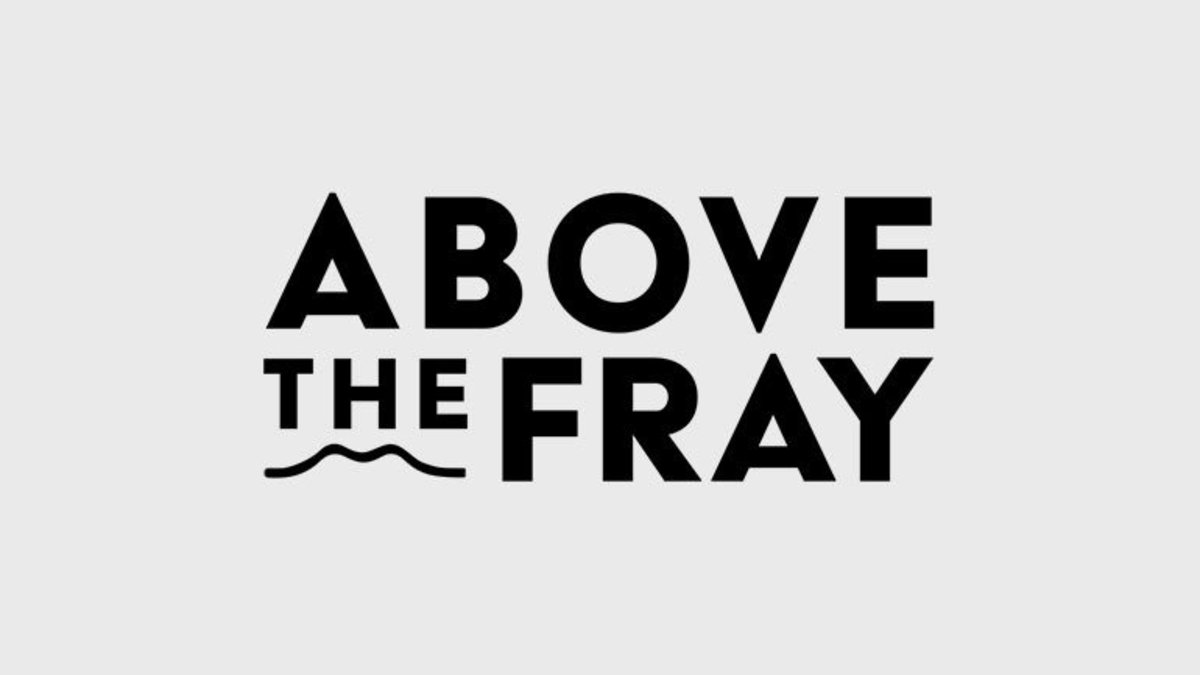We’re Making It up as We Go Along
We don’t know everything. How can we? There’s just too much to know. If the universe is infinite and our brain capacity is finite, well, there are bound to be gaps in our knowledge. Hopefully this is not a controversial idea. Something that I find interesting is that, whether or not nature abhors a vacuum, our minds certainly seem to. Our minds fill in the blank spots by making stuff up and, they don’t even let us in on that little fact.
I am very interested in hypnosis and recently I saw a couple of videos that made me think. In the first the hypnotist got a woman to take off her shoes. He promptly hid them, then, woke the woman up with no memory of the hypnotic session. Later, the woman’s husband asked her where her shoes were since she had been moving along blissfully unconcerned, perhaps unaware that there were no shoes on her feet. She quickly made up some story about where her shoes were. The hypnotist hadn’t given her a story nor suggested that she make one up. As far as I can tell she didn’t consciously make it up. It looked to me as if she had subconsciously made up the story and that her sub consciousness had then pushed the story into her conscious mind where it was accepted uncritically as absolute fact because, otherwise, how could she explain not knowing what had happened to her shoes? I suppose it could have been a case of that being her story and she was sticking to it, but it looked to me like she really believed that this story was the truth even though the story didn’t really make any sense. Of course, everyone else in the room knew that she was completely delusional because they had seen her give the shoes to the hypnotist. I found it particularly interesting that she didn’t question her own story. Why would she? Most of us don’t seriously question ourselves, especially in mundane things. This is probably a good thing. The accomplishment of anything seems to require a certain amount of trust in our abilities. How could we do something as simple as brush our teeth every morning or drive from point A to point B if we questioned every single step in the process? Although, I have often found myself driving someplace along a route that I normally take to someplace else, become lost in thought and then become aware that I’ve missed turning where I needed to because my internal auto piolet was taking me to where I usually take the route, rather than to where I really wanted to go or brushed my teeth so completely automatically that I’ve had to latter check to see if my tooth brush was wet because I didn’t remember doing it.
In the second video a young woman was hypnotized and told to forget the number seven. She was awakened without a memory of the hypnotic session. The hypnotist asked her to count as he pointed to her fingers, when he got to where seven should be, she said eight without a moment’s hesitation. The hypnotist did this several times and she never noticed the absence of seven. I would have guessed that when she got to eleven, she would have wondered why she was getting to eleven. Surely, she would still know that she only has ten fingers but when she got to eleven, she was completely unaware that this was a problem, or at least, she didn’t show any awareness, until the hypnotist asked her about only having ten fingers and then she seemed really confused and concerned.
Not only did it seem that the first woman didn’t question that she wasn’t wearing any shoes or the story that popped into her head about where her shoes were when she was confronted, but the second woman didn’t question that counting on her fingers got her to eleven even though she must have been counting to ten on her fingers her whole life, again, until she was confronted. The women didn’t just accept the improbable or ridiculous to explain the unknown, they also didn’t question things that didn’t make sense with what they did know. In fact, they didn’t question things that contradicted what they did know, for example that people have ten fingers.
It was interesting that neither of these women ever questioned what to everyone else was a very obvious anomaly. It makes me wonder how often we do this very same thing in the course of our lives. How often does an unconscious aspect of our mind present an image of reality to us that we accept as absolutely accurate but which has no resemblance to reality? What do we really know? What can we trust? I know that I have heard people talking about subjects that I know very well, better than they do, and heard them utter supposed facts that they had almost certainly made up, but, which they believed whole heartedly were truths, and truths they came upon from some other source than, making it up themselves. I’ve had conversations in which a friend has speculated on something that he thought was very likely true, even hoped was true, but that he didn’t know for a fact and then, years later, present the same thing as a fact, a fact which he claimed to have known from a time that predates our conversation. I myself have discovered that things I was sure I knew for a fact were completely wrong, that sources I was sure that I had gotten information from have turned out not to exist or have denied telling me what I thought I knew. Of course, every married person has stories in which they relate how an event happened and great details about it only to find that their spouse has very different memories of the same event. Given just how different those details are, we are often left to question our sanity or our spouses and, sadly, we may often find out that we are the one who has got things very wrong, and yet, we were so sure, our memories so clear.
I have an aunt who has dementia which takes the form of a very severe memory problem. When her forgetfulness causes her some trouble, for example, she can’t find something, she blames a person that she knows and has come to think of as an enemy, saying that this person snuck into her house and stole the object. A social worker I asked about this claims that, this is very common with older people, not just people with dementia, not merely the forgetting but the delusions and paranoia as well. My aunt never considers that she could just have forgotten where she put the thing and she takes the suggestion of that as an insult, even though she knows she has a severe memory problem. She has just always been so self-confidant and so self-reliant that she can’t conceive of the possibility that she could be what would seem in her own mind to be incompetent. Additionally, it just never occurs to her that she might have forgotten something. She doesn’t remember forgetting after all. It’s easier all the way around for her to believe that someone is attacking her, but she doesn’t choose to believe someone is attacking her, like the women in the hypnosis videos, it just pops into her head and she accepts it uncritically. Sometimes she will forget the bulk of an event but remember fragments. Those fragments won’t make sense on their own, so, her brain somehow knits them together into one whole thing that doesn’t make any sense either but is a complete story of some sort. For example, one week, when she could still drive, she was taking a friend somewhere. She needed something from her wallet and since she was occupied with driving, she had her friend look in the wallet for it. In the process her friend dropped my aunt’s driver’s license and the wind nearly took it out the window. The same week one of her neighbors was raped, police stopped by her house soliciting donations for the Police Athletic League and I took her out to lunch at a restaurant downtown. Somehow this ended up being, her enemy stole her drivers’ license, the police came by her house and wanted to see that license, when she couldn’t produce it, they put her in the car and drove her around downtown and she was afraid they were going to rape her. As I examine my own thoughts and memories, I have a suspicion that our minds knit together unrelated bits of information like this welding them together into some sort of related whole, all the time. What makes us different from a little old lady with dementia is that we remember more of each individual happening so when our brain knits pieces into a whole story, they make more sense. However, I think that ultimately, our memories relationship to reality may be just a faulty as my aunt’s, they just make more sense in relation to each other.
Do our minds just fill in the blanks more often than we know? What do we really know? How much of what we think that we know is bologna? As I listen to people discuss religion, politics and the weather, I have to assume, quite a bit. We seem to have beliefs about the way the world works and about every person and thing in it. How many of these beliefs are facts and how many are popped into our minds from our subconscious as it tries to keep our image of reality gap free? How much of what others have told to us is true and how much is just something that popped into their heads to give them a clear picture of the world with no unknowns? I don’t mean to suggest that we are always lying to each other but you know what Jesus said about the blind leading the blind right? Given that we can’t actually know everything about everyone and everything; it seems as if we must do this quite a lot. Of course, this doubt in our picture of reality is not limited to our beliefs, but also applies to our memories which might be just as faulty as the lady above with no shoes.
While it is personally disturbing to consider just how much of what I take to be fact/reality, may in fact merely be my mind unwilling to accept how much I don’t know, it is so much more disturbing to contemplate this being the case for millions of voters, movers, shakers and leaders. The word “community” has the word “co” in it because it’s a joint effort. Our lives are totally tangled together and we can’t act or re-act without affecting each other. How much of that action and re-action is based on absolutely nothing but the delusion of an ego which is sure that it knows everything but is really making it up as it goes along? The scariest part of this delusion is that we just don’t know when we are making it up and neither does anyone else.
My You Tube Channel
- FairDay - YouTube
Enjoy the videos and music you love, upload original content, and share it all with friends, family, and the world on YouTube.








